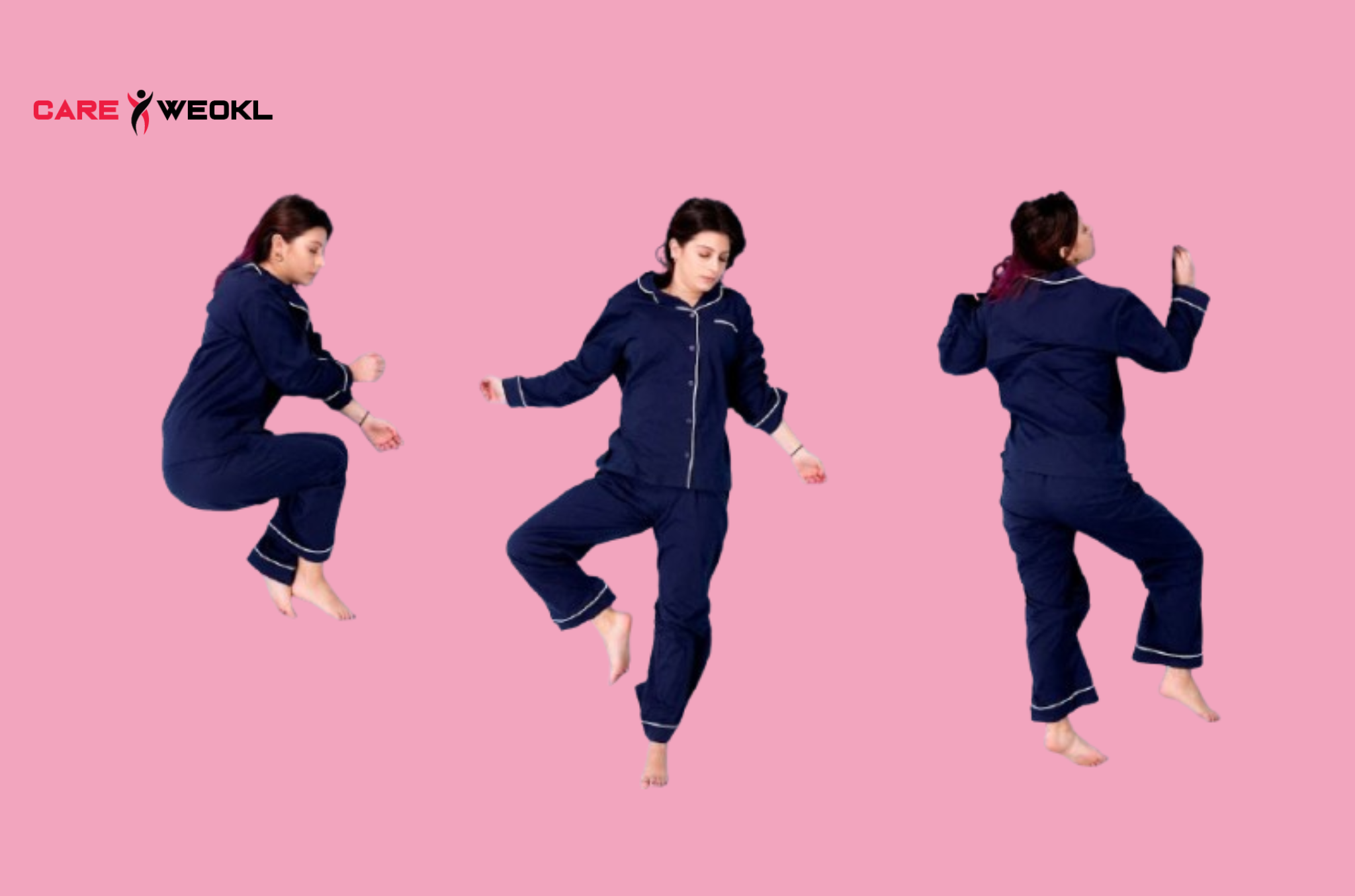How Your Sleeping Position Affects Your Health
Sleep is one of the most important factors in maintaining good health. The quality of your sleep can impact various aspects of your physical and mental health. However, it’s not just how much you sleep, but also how you sleep that can greatly impact your overall health. Your sleeping position plays a crucial role in determining how your body recovers overnight. Whether you sleep on your back, side, or stomach, each position has its own set of pros and cons. In this article, we’ll explore how different sleeping positions impact your health and offer tips for better sleep.
- Sleeping on your back (supine position)
How it affects your health: Sleeping on your back with your head slightly elevated is the best position for spinal alignment. It allows your head, neck, and spine to rest in a neutral position, which can help reduce pain and discomfort.
Benefits:
Spine health: Sleeping on your back maintains the natural curve of your spine, reducing the risk of back and neck pain.
Reduces acid reflux: When your head is elevated, gravity helps prevent stomach acid from rising into your esophagus, reducing acid reflux.
Prevents wrinkles: Lying on your back reduces the amount of contact your face has with your pillows, which can reduce the likelihood of sleep lines and wrinkles.
Risks:
Snoring and sleep apnea: Sleeping on your back can worsen snoring and obstructive sleep apnea by allowing your tongue to fall back into your throat and block airflow.
Tip: If you snore or have sleep apnea, consider sleeping on your side or using a CPAP machine.
- Sleep on your side
How it affects your health: Sleeping on your side is one of the most common and widely recommended sleeping positions. It’s especially helpful for those with back pain or sleep apnea.
Benefits:
Reduces back and neck pain: Sleeping on your side can relieve pressure on your spine, making it a great position for people with chronic back pain.
Reduces snoring and sleep apnea: Sleeping on your side can help prevent airway obstruction, which can reduce snoring and improve airflow for those with sleep apnea.
Improved digestion: Sleeping on your left side can aid digestion and reduce symptoms of acid reflux.
Best for pregnant women: The left side is especially beneficial for pregnant women, as it improves circulation and reduces stress on the heart.
Risks:
Shoulder and hip pain: Sleeping on your side can put pressure on your shoulder and hip, leading to pain over time.
Wrinkles: Sleeping on one side can contribute to wrinkles, as it presses one side of your face into the pillow.
Tip: Use a pillow between your knees to reduce pressure on your hips and spine.
- Sleep on your stomach (prone position)
How it affects your health: Sleeping on your stomach is generally not recommended, as it can put pressure on your neck, spine, and muscles. This position is often associated with more discomfort and health risks.
Benefits:
Reduced snoring: Sleeping on your stomach can help reduce snoring by preventing your tongue from blocking your throat.
Risks:
Neck and back pain: Sleeping on your stomach puts pressure on your spine, especially your neck, because you have to turn your head to one side, which often leads to long-term discomfort or pain.
Increased pressure on organs: Pressure on your stomach and chest can affect your internal organs, leading to digestive problems or increased pressure on your lungs.
Possible nerve damage: Sleeping with your head turned to one side for long periods can put pressure on the nerves in your neck, leading to numbness or tingling in your arms and hands.
Tip: If you have to sleep on your stomach, try using a thin pillow or no pillow at all to reduce pressure on your neck.
- Fetal position
How it affects your health: The fetal position is when you sleep curled up on your side with your knees pulled toward your chest. Many people find this position comfortable, and it has many health benefits.
Benefits:
Reduces snoring and sleep apnea: Similar to sleeping on your side, curling up in the fetal position can help prevent airway obstruction, reducing symptoms of snoring and sleep apnea.
Helps treat back pain: The fetal position can relieve pressure on the spine and may help treat lower back pain.
Improve digestion: As with sleeping on your left side, the fetal position can aid digestion and reduce acid reflux.
Risks:
Neck and back pain: Bending too far can strain your neck and back, especially if you’re not using the right pillow.
Restricted breathing: Sleeping too far in a reclined position can restrict your lung capacity, making it more difficult to breathe deeply while you sleep.
Tip: Try to keep your body relaxed and avoid bending too far to maintain good spinal alignment.
- Best sleeping position for health
General recommendations:
For back pain: It’s usually recommended to sleep on your side, especially with a pillow between your knees for extra support. Alternatively, sleeping on your back with a pillow under your knees can also help reduce back pain.
For acid reflux: Sleeping on your left side can help treat



